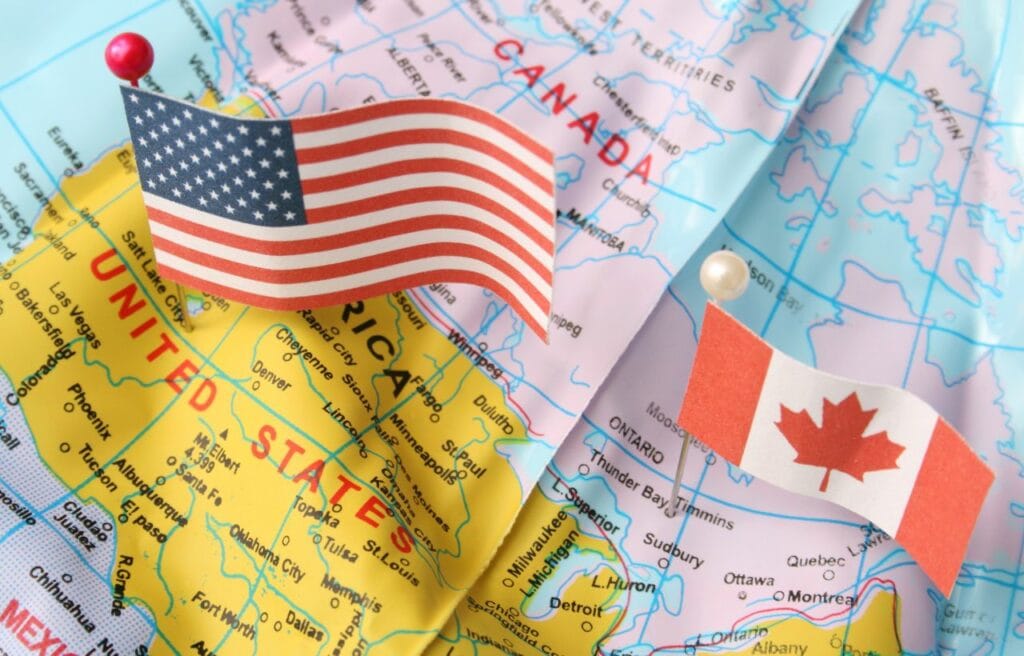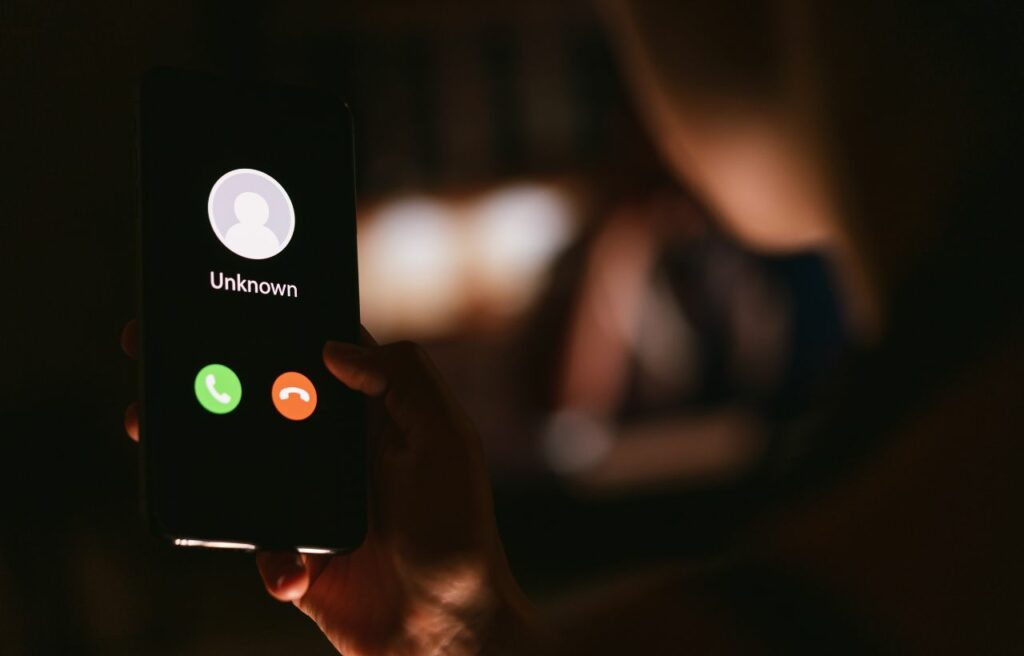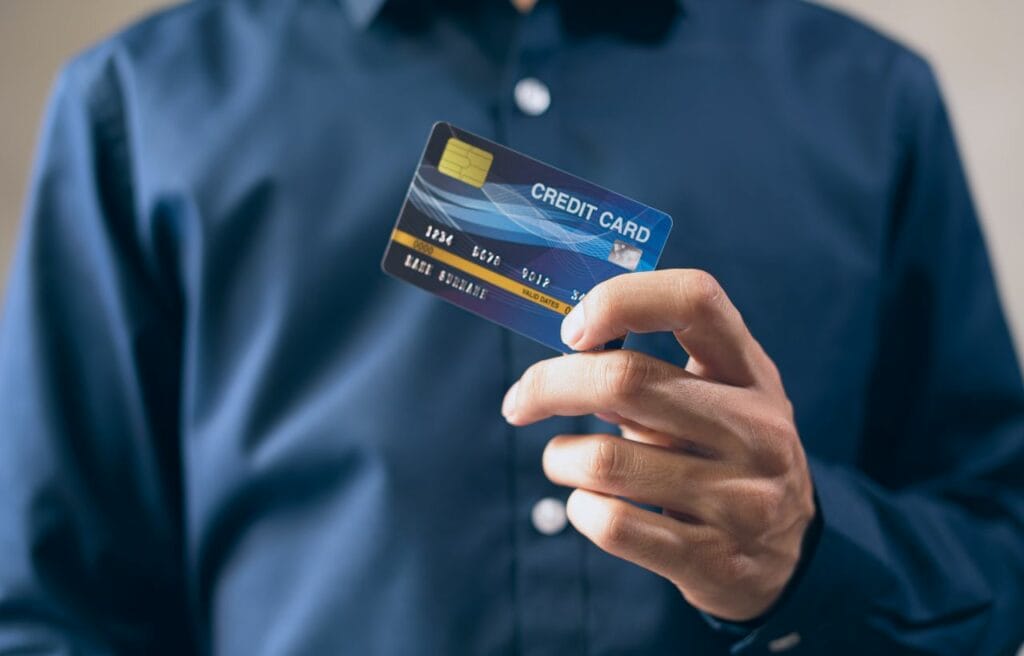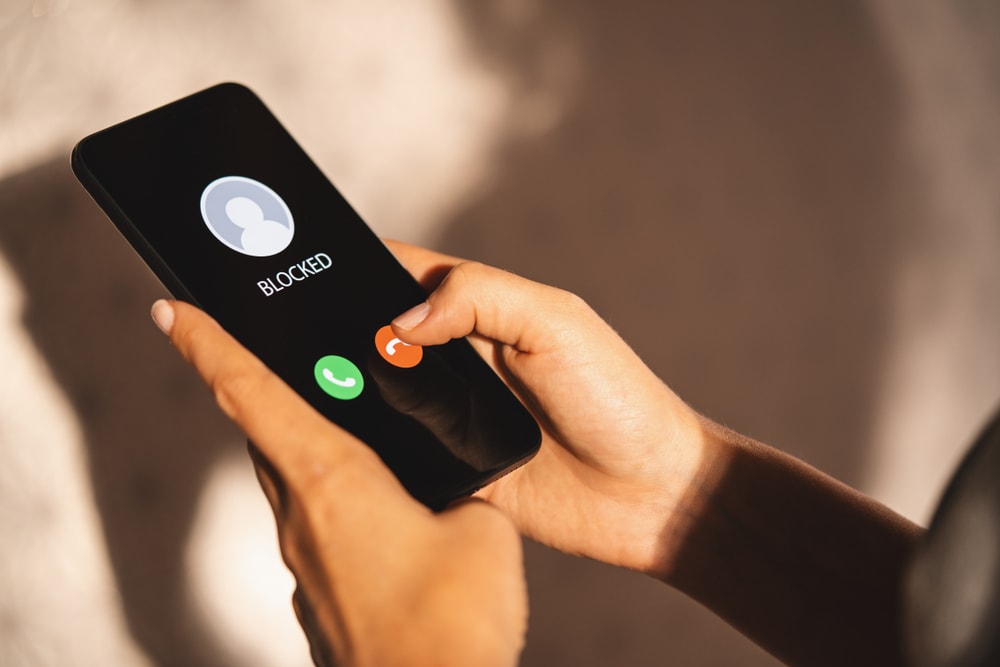Are you being flooded with calls from an 855 area code, and can’t quite figure out where they’re coming from? Maybe you’re wondering if it’s a long-lost relative or a friend from far away.
Have you ever answered one of these calls and heard the person on the other end claiming to be from customer service?
With the recent surge in scam calls, it’s understandable if you’re a bit reluctant to pick up calls from numbers you don’t recognize, even when the caller says they’re part of a customer support team from a company.
One possible way to check who’s calling is by doing a quick Google search with their number.
If it’s a legitimate customer support line, it’ll be tied to a well-known company.
Now, let’s delve deeper into your questions about this mysterious 855 area code, so you can make an informed decision on whether to answer or block these calls.
855 area code and its coverage

The 855 area code is actually a toll-free number that isn’t linked to any specific location.
While it’s commonly used by large corporations, it’s also unfortunately favored by scammers hunting for personal information.
This area code spans all major cities in the U.S., Canada and the rest of the North American Numbering Plan (NANP).
Given its extensive coverage and the impossibility to track it, the 855 area code could essentially originate from anywhere, be it Canada, New York, or any of the other 20 countries where it’s available.
This makes it particularly tricky to report scams if the call is coming from an unidentified place.
Considering this wide scope and the potential for fraud, you might ask yourself, “Should I answer this call?”
Are 855 area code numbers scams?

It’s crucial to know that not all calls from an 855 area code are scams.
In fact, many large, legitimate companies like Xfinity use this number as their customer service line.
These businesses employ the 855 area code so their customers can contact them without incurring any charges.
It’s frequently used by sales teams, marketers, customer service departments, and call centers.
Their goal is to strengthen the bond between the company and its customers, providing a hurdle-free communication channel that enhances customer satisfaction.
Imagine being a customer in the Bahamas – you wouldn’t want to call customer support based in San Francisco due to the hefty long-distance charges, right? That’s where the 855 area code comes in handy.
While this number has clear advantages for businesses, it’s also unfortunately linked with reported scams, making it potentially risky for recipients.
Should I answer or not?

An 855 area code call might be totally legit, coming from a company you have business with – like your credit card provider or your entertainment service.
But, it could also be a telemarketer or worse, a scam.
Scammers are crafty. They often pretend to be reputable companies to get their hands on your personal and banking details.
They can put on quite a convincing act, making it tough to tell a real call from a scammer. You’d be surprised at how convincing some scam callers can be.
So, it’s not completely safe to answer any call from an 855 area code, just like with any unknown number reaching out to you.
As I mentioned earlier, it’s a safer bet to google the number before picking up.
However, remember, it’s just a phone call.
Answering won’t hurt as long as you follow the golden rule: never share your personal information, bank details, address, etc.
How to Deal with an 855 area code caller ID
You can always choose to ignore the call and let it go to voicemail.
But, if you do decide to answer, keep the following tips in mind:
1. Do not give personal information

Sometimes, these callers might offer an attractive upgrade to a subscription for a seemingly fantastic deal. The offer might be tempting, and you may consider giving your bank info “for verification and payment purposes.”
Always remember to say no.
The number one rule when dealing with unknown callers is to never disclose your personal or banking information.
If the call seems legitimate, tell the person on the line you’ll call them back on their official customer support number.
You can’t be too careful. Given how tricky it can be to identify scam callers (they often sound incredibly professional), a healthy amount of skepticism is good.
2. Google the company

If you want to give the caller the benefit of the doubt and think they might be from a genuine business because their pitch caught your interest, the safest way forward is to research the company online.
Check out government websites to verify if the company is registered.
You could even turn to social media to glean additional information about possible scam operations.
People often share their experiences with scam companies, so there’s a good chance you’ll come across such posts if you research the caller’s company.
3. Block and report the specific number

Isn’t it great that our phones have a built-in feature to block numbers?
It’s your best defense against those pesky repeat calls.
If you suspect a scam or find a telemarketing call annoying, don’t hesitate to block and report the number right away.
Chances are, if they called once, they’ll probably call again, filling your day with unwanted 855 area code calls.
Here’s a quick guide to blocking numbers for iOS users:
- Launch the phone app.
- Tap the i icon next to the number.
- Click Block this Caller.
For Android users, here’s how to block a number:
- Launch the phone app.
- Tap the number you want to block.
- Tap Block number or Reject call.
After that, get in touch with the company they said they were representing and report it to them. They’ll take care of it from there.
Wrapping up
Whenever you receive a call from an unfamiliar number, including those with an 855 area code, it’s always smart to be extra cautious.
The 855 area code isn’t tied to any specific location and is mainly used by large companies for their customer support services. Unfortunately, it’s gained a bit of a bad rep since scammers have also adopted it.
Remember, there’s no harm in answering an 855 area code call, as long as you’re smart about the personal data you share.
If you’re feeling uncertain, the safest bet is to confirm the official number of the company and call them back directly.


